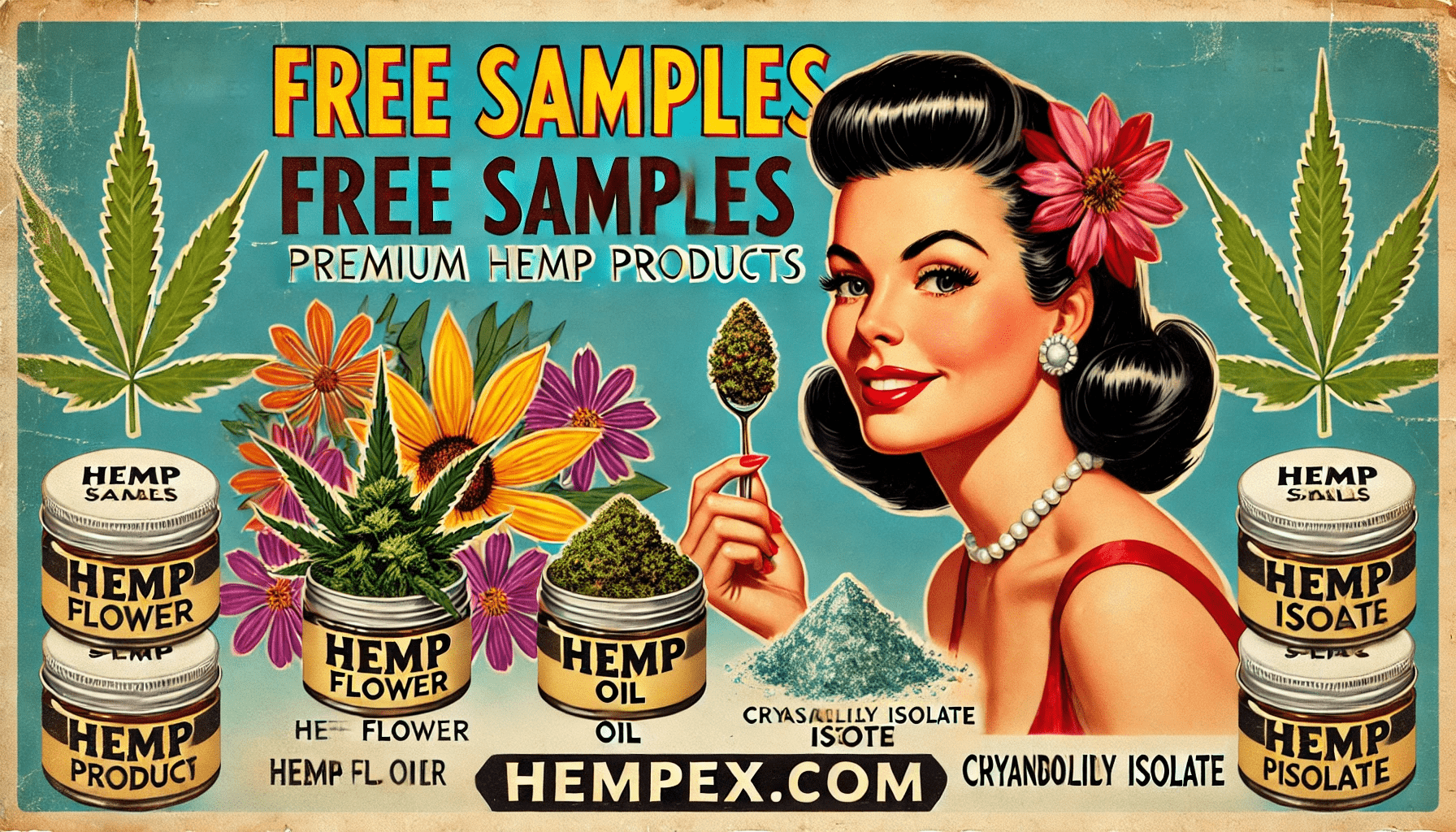THCA Levels in Hemp Flower: What You Need to Know
As the hemp industry grows, consumers are becoming more interested in understanding the chemical composition of hemp products, including THCA levels in hemp flower. THCA (Tetrahydrocannabinolic Acid) is a naturally occurring cannabinoid found in raw hemp and cannabis plants. Unlike THC (Delta-9 Tetrahydrocannabinol), which is known for its psychoactive effects, THCA is non-psychoactive in its raw form. However, when exposed to heat through processes such as smoking, vaping, or cooking, THCA converts into THC, creating the potential for psychoactive effects.
In this blog post, we’ll explore what THCA is, how it relates to THC levels in hemp flower, why understanding THCA content is essential, and how it impacts the legality and usage of hemp products.
What is THCA?
THCA stands for Tetrahydrocannabinolic Acid, a cannabinoid found in raw hemp and cannabis plants. THCA is the acidic precursor to THC, the compound most commonly associated with the psychoactive effects of cannabis. In its raw form, THCA does not produce any psychoactive effects, making it safe for use in various hemp products without the “high” commonly linked to THC.
The key difference between THCA and THC is that THCA is inactive in its raw state. However, when heated during smoking, vaping, or cooking, THCA undergoes a process called decarboxylation, which converts it into THC. This conversion process is why many consumers pay close attention to the THCA levels in hemp flower, particularly if they intend to smoke or vape the product.
THCA vs. THC in Hemp Flower
When we talk about THC levels in hemp flower, it’s important to understand that most of the THC present is initially in the form of THCA. The total THC content in a hemp flower product is often calculated as the combination of THCA and Delta-9 THC that would result from the conversion process.
For example, if you see a Certificate of Analysis (CoA) for a hemp flower product, it may list the THCA percentage as well as the Delta-9 THC percentage. The potential total THC is then calculated using a specific formula that accounts for how much THCA would convert into THC when heated.
The formula for calculating total THC is:
Total THC = (% THCA x 0.877) + % Delta-9 THC
The factor of 0.877 reflects the molecular weight difference between THCA and THC, as THCA loses part of its structure during the decarboxylation process.
Why THCA Levels Matter in Hemp Flower
The THCA levels in hemp flower are critical for both consumers and producers. Here’s why they matter:
1. Legal Compliance: Under the 2018 Farm Bill, hemp is defined as a cannabis plant that contains less than 0.3% Delta-9 THC on a dry weight basis. However, because THCA converts into THC when heated, THCA levels must also be considered when assessing a product’s legal compliance. Many hemp products that appear to have compliant Delta-9 THC levels may still exceed legal limits once the THCA converts to THC. Understanding this conversion is essential for ensuring that a hemp product remains within the legal THC threshold.
2. Non-Psychoactive vs. Psychoactive Effects: If you plan to consume hemp flower raw (such as in smoothies or juicing), the THCA levels are less of a concern because THCA is non-psychoactive in its raw state. However, if you intend to smoke or vape hemp flower, the THCA will convert to THC, potentially leading to psychoactive effects. For this reason, consumers who want to avoid any psychoactive experience should pay attention to the THCA content in addition to the Delta-9 THC levels.
3. Therapeutic Benefits of THCA: While THCA is non-psychoactive, it has been studied for potential therapeutic benefits, including anti-inflammatory, anti-emetic (anti-nausea), and neuroprotective properties. Some users seek out hemp flower with higher THCA content for its raw, non-intoxicating benefits, especially if they plan to use it without heating.
How to Interpret THCA Levels in Hemp Flower
When purchasing hemp flower, you’ll often come across Certificates of Analysis (CoAs) that list the THCA and THC content. To interpret these numbers effectively, you need to understand how THCA contributes to the total THC once the product is consumed.
For example, let’s say you purchase a hemp flower strain with the following lab results:
•THCA: 0.2%
•Delta-9 THC: 0.05%
Using the formula for total THC, the product would contain:
Total THC = (0.2% THCA x 0.877) + 0.05% Delta-9 THC
Total THC = (0.1754%) + 0.05% = 0.2254%
In this case, the total THC content is still under the 0.3% legal limit, meaning the hemp flower is compliant for sale and use.
Why Hempex Only Stocks Low THC Hemp Flower
At Hempex, we exclusively stock low THC hemp flower, meaning that all of our products contain less than 0.3% Delta-9 THC in compliance with federal law. We do not stock THCA hemp flower because our priority is providing non-psychoactive, legally compliant products that can be enjoyed safely and responsibly.
All of our hemp flower products are carefully tested, and we provide Certificates of Analysis (CoAs) to give our customers full transparency on the THCA, Delta-9 THC, and total THC content of each product. This ensures that you can make informed decisions about the products you purchase and use.
Final Thoughts
THCA levels in hemp flower are a critical factor in determining both the legality and the effects of a product. Whether you’re looking for raw hemp flower for its non-psychoactive benefits or want to ensure your product stays compliant when smoked or vaped, understanding THCA and total THC levels is essential.
At Hempex, we are committed to offering hemp flower that meets the highest standards of quality and legal compliance. Explore our range of low THC hemp flower products today, and rest assured that all of our offerings are carefully curated to deliver a safe, enjoyable experience.

